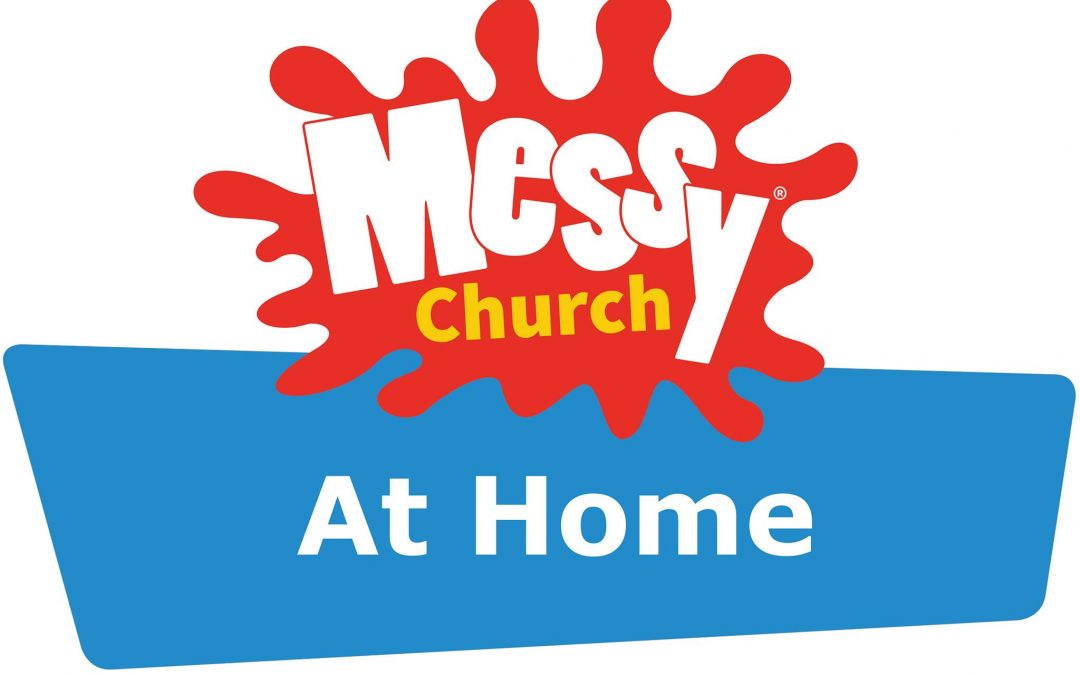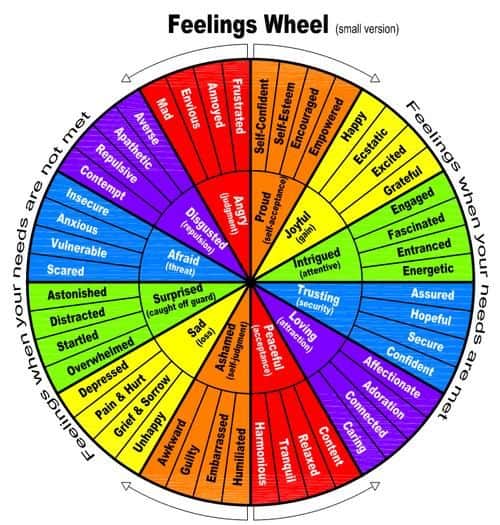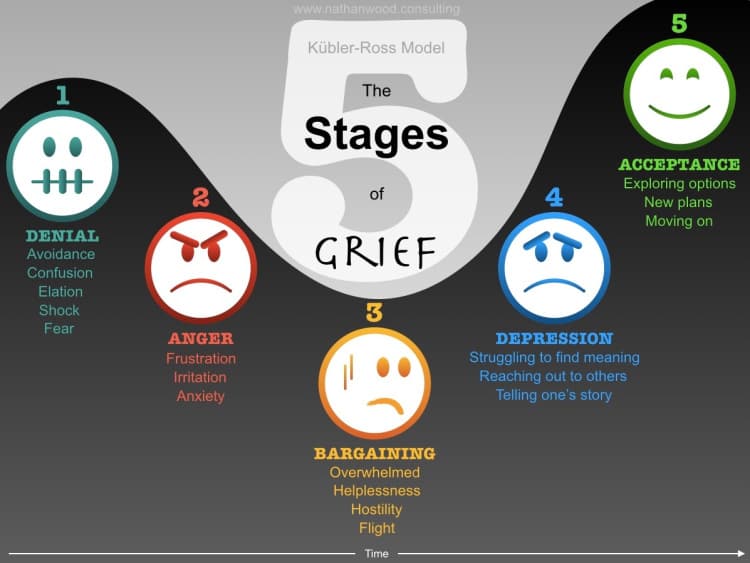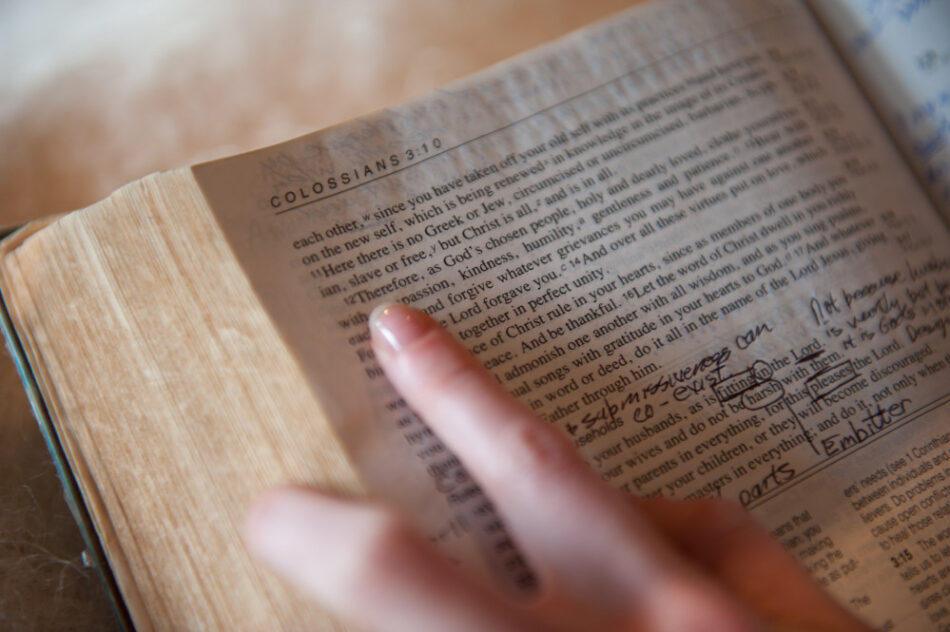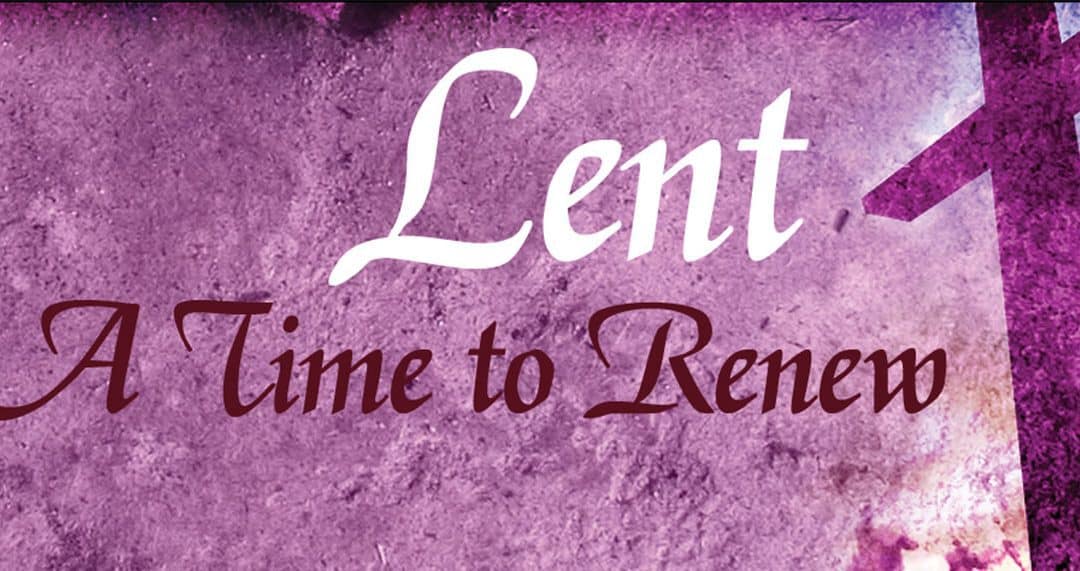Agape Supper
On Thursday 1st April – Parishioners and friends/family are invited to join us online via zoom to celebrate Maundy Thursday together. It will be a short service – simply bring some bread and water/beverage of some sort and we will mark this important day in the Church’s Calendar. To register to get the link – click here
Background to Agape suppers (Edited notes from the United Methodist Church in USA)
The Love Feast, or Agape Meal, is a Christian fellowship meal recalling the meals Jesus shared with disciples during his ministry and expressing the koinonia (community, sharing, fellowship) enjoyed by the family of Christ.
Although its origins in the early church are closely interconnected with the origins of the Lord’s Supper, the two services became quite distinct and should not be confused with each other. While the Lord’s Supper has been practically universal among Christians throughout church history, the Love Feast has appeared only at certain times and among certain denominations.
The modern history of the Love Feast began when Count Zinzendorf and the Moravians in Germany introduced a service of sharing food, prayer, religious conversation, and hymns in 1727. John Wesley first experienced it among the Moravians in Savannah, Georgia, ten years later. His diary notes: “After evening prayers, we joined with the Germans in one of their love–feasts. It was begun and ended with thanksgiving and prayer, and celebrated in so decent and solemn a manner as a Christian of the apostolic age would have allowed to be worthy of Christ.”
It quickly became a regular part of Methodist society meetings in Great Britain and throughout the English–speaking world.
While Love Feasts became less frequent in the years that followed, they continued to be held in some places; and in recent years the Love Feast has been revived in methodist circles.
The Love Feast has often been held on occasions when the celebration of the Lord’s Supper would be inappropriate—where there is no one present authorized to administer the Sacrament, when persons of different denominations are present who do not feel free to take Holy Communion together, when there is a desire for a service more informal and spontaneous than the communion ritual, or at a full meal or some other setting to which it would be difficult to adapt the Lord’s Supper.
The Love Feast is most naturally held around a table or with persons seated in a circle; but it is possible to hold it with persons seated in rows. A church sanctuary, fellowship hall, or home is an appropriate location.
One of the advantages of the Love Feast is that any Christian may conduct it. Congregational participation and leadership are usually extensive and important, especially involving children.
Testimonies and praise are the focal point in most Love Feasts. Testimonies may include personal witness to God’s grace or accounts of what God has been doing in the lives of others. Praise may take the form of hymns, songs, choruses, or spoken exclamations and may vary from the relative formality of an opening and closing hymn to spontaneous calling out of requests and singing as the Spirit moves. Sometimes the leader guides those present alternating spontaneous singing and sharing in free and familiar conversation for as long as the Spirit moves. Wesley counseled that all the above be done decently and in order.
Prayer is vital to a Love Feast. A fixed form of prayer may be used, especially something like the Lord’s Prayer or Be present at our table, Lord, that is familiar to the people. Spontaneous prayer requests and prayers may come from the people.
Scripture is also important. There may be scripture readings, or persons may quote Scripture spontaneously as the Spirit moves. There may be a sermon, an exhortation, or an address; but it should be informal and consist of the leader’s adding personal witness to what spontaneously comes from the congregation.
Most Love Feasts include the sharing of food. It is customary not to use communion bread, wine, or grape juice because to do so might confuse the Love Feast with the Lord’s Supper. The bread may be a loaf of ordinary bread, crackers, rolls, or a sweet bread baked especially for this service. If a loaf of bread, it may be broken in two or more pieces and then passed from hand to hand as each person breaks off a piece. Crackers, rolls, or slices of bread may be passed in a basket. The beverage has usually been water, but other beverages such as lemonade, tea, or coffee have been used. Early Methodists commonly passed a loving cup with two handles from person to person, but later the water was served in individual glasses. The food is served quietly without interrupting the service.
My hope for our Virtual Agape Supper
After so many months of not being physically together as the Church Family, It is my hope that we would be able to break bread together on the night that Jesus broke bread with his disciples.
I would hope that we would be able to share some thanksgivings, a few thoughts and a few prayers together and bread.
This will be a very simple gathering of whosoever would like to be here. As we journey towards the foot of the cross this year.
It will take place 6.30 -7.15ish
All are welcome
Robert
Our Agape Supper – Order of service
Welcome to everyone & Introduction
Worship Song
Giving thanks and praise – What do we want to thank God for ?
Reading – John 13:31-34
Thought / Sharing
Worship Song
Short Prayers of Thankfulness & Intercession
Lords Prayer
Reader: We are all invited to the common table to share in an Agape Feast. At this table we come as brothers and sisters in the Holy Family of God. Taste and see that God is good.
May mercy, peace, and love be yours in abundance.
Let us pray.
over the drink,
Blessed are you, O Lord our God, King of the universe. You give us refreshment to enjoy; and on this night we remember that you have refreshed us with the cup of salvation in the Blood of your Son Jesus Christ. Glory to you for ever and ever. Amen.
Over the bread,
Blessed are you, O Lord our God, King of the universe. You bring forth bread from the earth; and on this night you have given us the bread of life in the Body of your Son Jesus Christ. As grain scattered upon the earth is gathered into one loaf, so gather your Church in every place into the kingdom of your Son. To you be glory and power for ever and ever. Amen
The bread – as we break it reminds us of the bread Jesus broke on this night.
Sharing bread & drink
Going out thought: Maundy Thursday & the events of this night
Let us pray. Christ our Lord, your love is poured out in death for our sakes: Hold us in your embrace as we wait for Easter’s dawn. Comfort us with the promise that no power on earth, not even death itself, can separate us from your love; and strengthen us to wait until you are revealed to us in all your risen glory. Amen.
Conclusion

